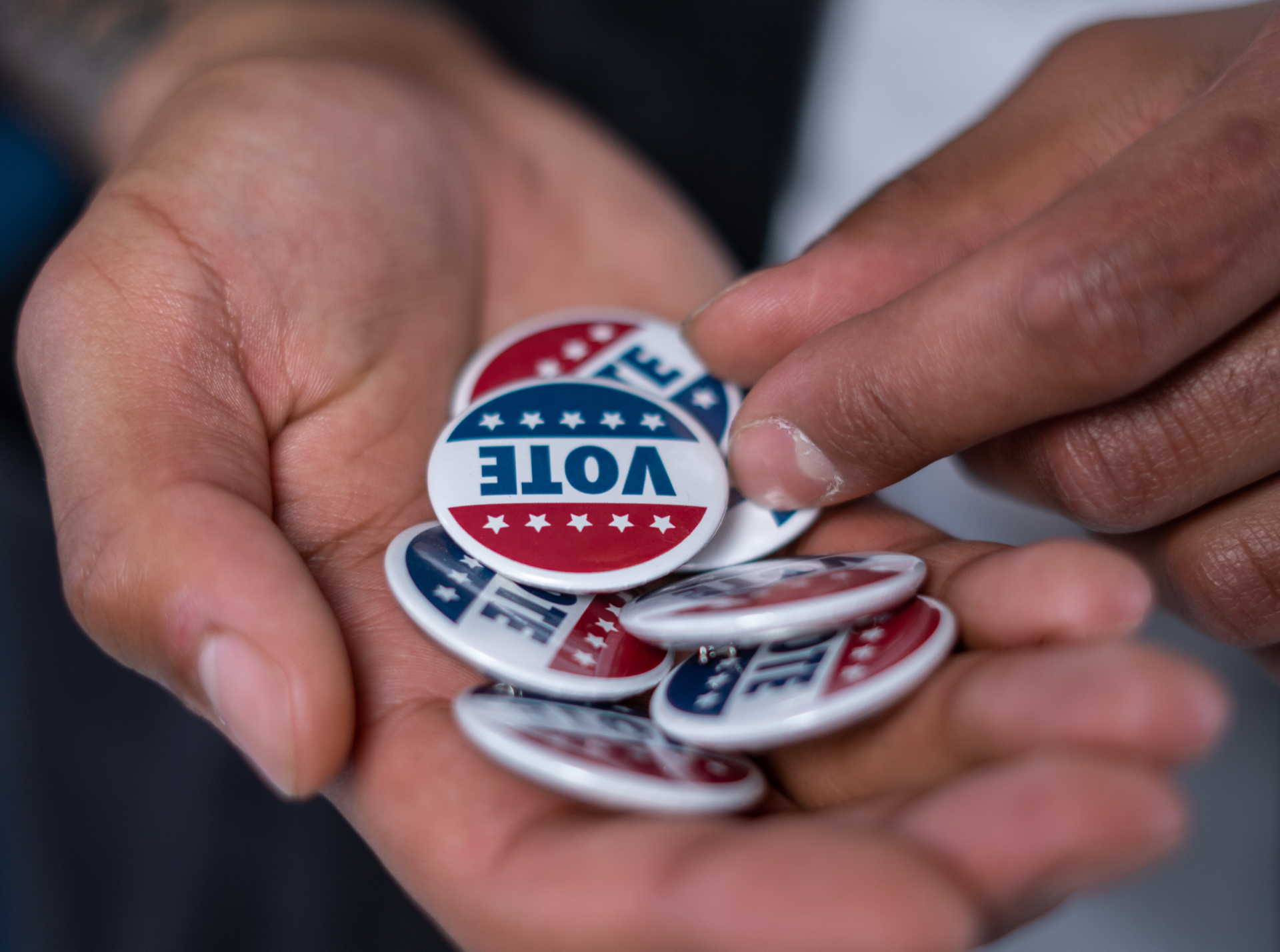On Tuesday, March 2, the Supreme Court will hear arguments in Brnovich v. DNC. On the surface, this is a case about two Arizona voting restrictions found to discriminate against Black, Latino, and Native voters. But look closer, and you’ll see that this case is actually about the future of our democracy and the integrity of the Voting Rights Act.
READ ALSO: Is blue wave a trend that will stick in Arizona?
Across the country, state legislatures have introduced measures to make it more difficult to participate in our democracy—restrictions that make it more difficult to register, more difficult to vote, and more difficult to administer elections. In Arizona alone, dozens of these bills have been introduced. This retribution isn’t new. The backlash that ushered Donald Trump into office has found a new target: the voters who ushered him out. The methods aren’t novel either. Overt vote denial became covert as slavery gave way to Jim Crow, and it wasn’t until the passage of the Voting Rights Act in 1965 that voters truly had the legal tools to challenge discriminatory barriers to the ballot box.

But the passage of the Voting Rights Act in 1965 didn’t just end literacy tests or educational requirements for voters. It began a new era in this country, an era in which we finally started to live up to the ideal that all people are created equal and have an equal stake in our democracy. Arizona Attorney General Mark Brnovich’s appeal to the Supreme Court threatens that very ideal.
One of the restrictions at issue in this case, Arizona’s ban on ballot collection, was previously thwarted in 2011 by a provision of the Voting Rights Act that required the Department of Justice to confirm that any changes to election procedures in Arizona would not have a disparate impact on communities of color.
The state chose to withdraw the ban after evidence showed that it was intended to reduce Latino voting power. In 2013, the Supreme Court gutted the portion of the Voting Rights Act that was used to block this obviously racist law. Unsurprisingly, Arizona’s legislature rushed to pass the ban once again. Ten years later, Arizona Attorney General Mark Brnovich seeks to use the same law to further weaken the Voting Rights Act and make it nearly impossible to challenge discriminatory laws across the country.
That isn’t just bad news for Native voters in Arizona who have historically relied on ballot collection due to limited mail service, or for Black voters in Georgia as their legislature targets the get-out-the-vote efforts of Black churches. It’s bad news for all of us who believe that a multi-cultural and multi-racial democracy is crucial to our country’s future success.
After an election with historic participation and turnout, the slew of attempts by state legislatures to add new barriers to the voting process should be seen for what it is: a repudiation of this country’s democratic principles. As these legislative attacks become more aggressive, Brnovich continues an attempt to chip away at the provisions of the Voting Rights Act that empower voters to fight back. This is both dangerous and destabilizing for our democracy. If we want a government that works for us, it must include all of us. Fundamentally, this is what’s at stake Tuesday when Attorney General Brnovich defends a law designed to disenfranchise Black, Latino, and Native voters in Arizona.
Our country was built on the promise that our democracy would be reflective of our communities. Every eligible American should be able to cast a vote, and have it counted. So long as state legislatures seek to put up barriers to voting, voters must have the tools to tear those barriers down. Our democracy depends on it.
Katie Hobbs is Arizona’s secretary of state.




